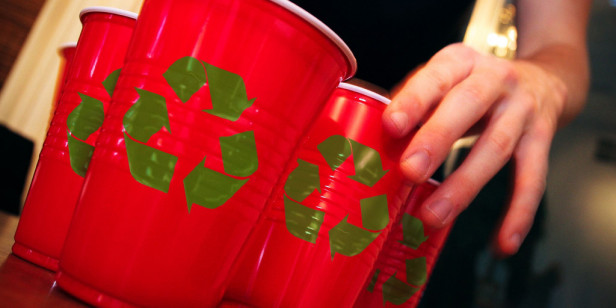Accelerating the transition to a circular economy by encouraging cooperation at regional level – between companies, authorities and knowledge institutions – and new activities.
Amsterdam Metropolitan Area raw materials agenda

What is the goal of the project?
The Amsterdam Economic Board wants to accelerate the transition to a circular economy by encouraging cooperation at regional level – between companies, authorities and knowledge institutions – and new activities. The implementation agenda provides an overview of the priority activities which the Board is going to initiate in the coming year until 2018. A distinction can be made between initiatives which will generate visible results in a relatively short period (within a year) and those initiatives which have a longer turnaround time due to the required knowledge development and high degree of innovation. The points of departure of the strategy of the raw materials agenda which has now been drawn up is the initiation, linking, accelerating and scaling up of local and regional initiatives in the field of circularity and thereby links up with each region's own dynamism. The decision to prioritise flows of raw materials was taken on the basis of the extent to which large volumes are dumped, the resulting environmental burden and the potential for higher-quality recycling. Separate strategies have been prepared for each of the flows of raw materials in collaboration with the business community, knowledge workers and the government which indicate the conditions under which a transition to high-quality recycling will be economically viable. These may be conditions relating to security of volume and sales, knowledge development, cooperation between companies with the same type of waste flow and/or the introduction of a different learning model, etcetera.
What is the result of the project?
In order to achieve the goals set in the raw materials agenda the board is arranging for a Circular Deal to be concluded soon with the parties involved and local authorities within the AMA. Three categories are distinguished in the approach:
- Material flows which can be reduced in the cycle at municipal level.
- Material flows which must be combined at regional level in order to generate sufficient volume and sales opportunities for the recycled material for a viable business case.
- Material flows which may be small per company but which, when combined, can lead to high-quality recycling, including a good earning model for the participating companies.
Who initiated the project and which organizations are involved?
Amsterdam Economic Board


